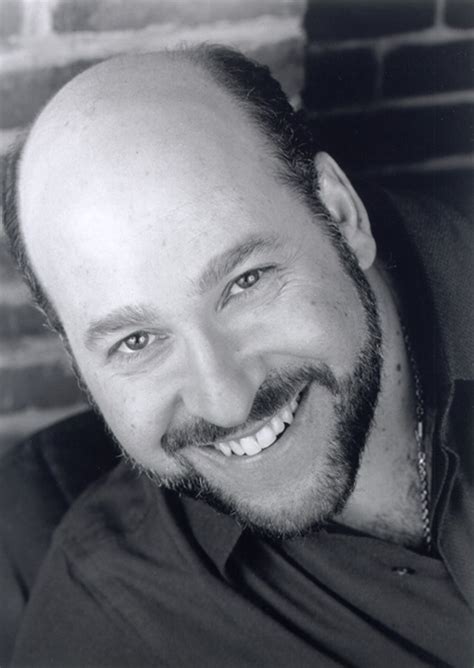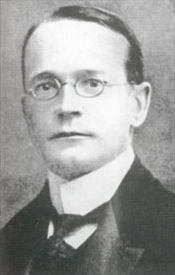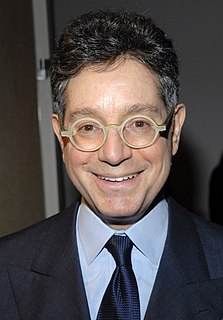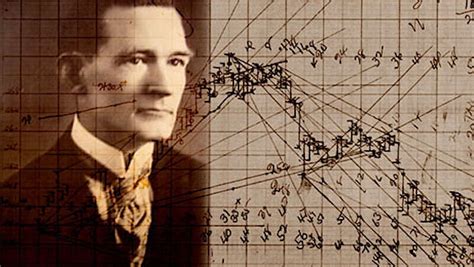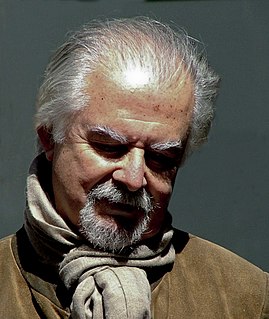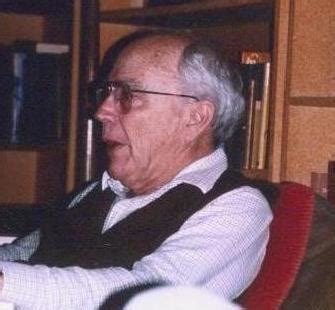A Quote by Criss Jami
One does not have to be a philosopher to be a successful artist, but he does have to be an artist to be a successful philosopher. His nature is to view the world in an unpredictable albeit useful light.
Quote Topics
Related Quotes
Evolution throws a wonderful light on all the struggles, eccentricities, tortuous developments of the human conscience in the past. It is the only theory of morals that does. And evolution throws just as much light on the ethical and social struggle today; and it is the only theory that does. What a strange age ours is from the religious point of view! What a hopeless age from the philosopher's point of view! Yet it is a very good age, the best that ever was. No evolutionist is a pessimist.
The composer reveals the innermost nature of the world, and expresses the profoundest wisdom in a language that his reasoning faculty does not understand, just as a magnetic somnambulist gives information about things of which she has no conception when she is awake. Therefore in the composer, more than in any other artist, the man is entirely separate and distinct from the artist.
I have always taken as the standard of the mode of teaching and writing, not the abstract, particular, professional philosopher, but universal man, that I have regarded man as the criterion of truth, and not this or that founder of a system, and have from the first placed the highest excellence of the philosopher in this, that he abstains, both as a man and as an author, from the ostentation of philosophy, i. e., that he is a philosopher only in reality, not formally, that he is a quiet philosopher, not a loud and still less a brawling one.
When a philosopher, scientist, or psychologist discusses the discrepancy between the actual and the ideal, he or she attempts to convince us with the tools of discursive thought ... An artist does it differently ... their primary approach is different, even though both groups, if you will, are investigating the actual, the ideal, and the discrepancy in between.

